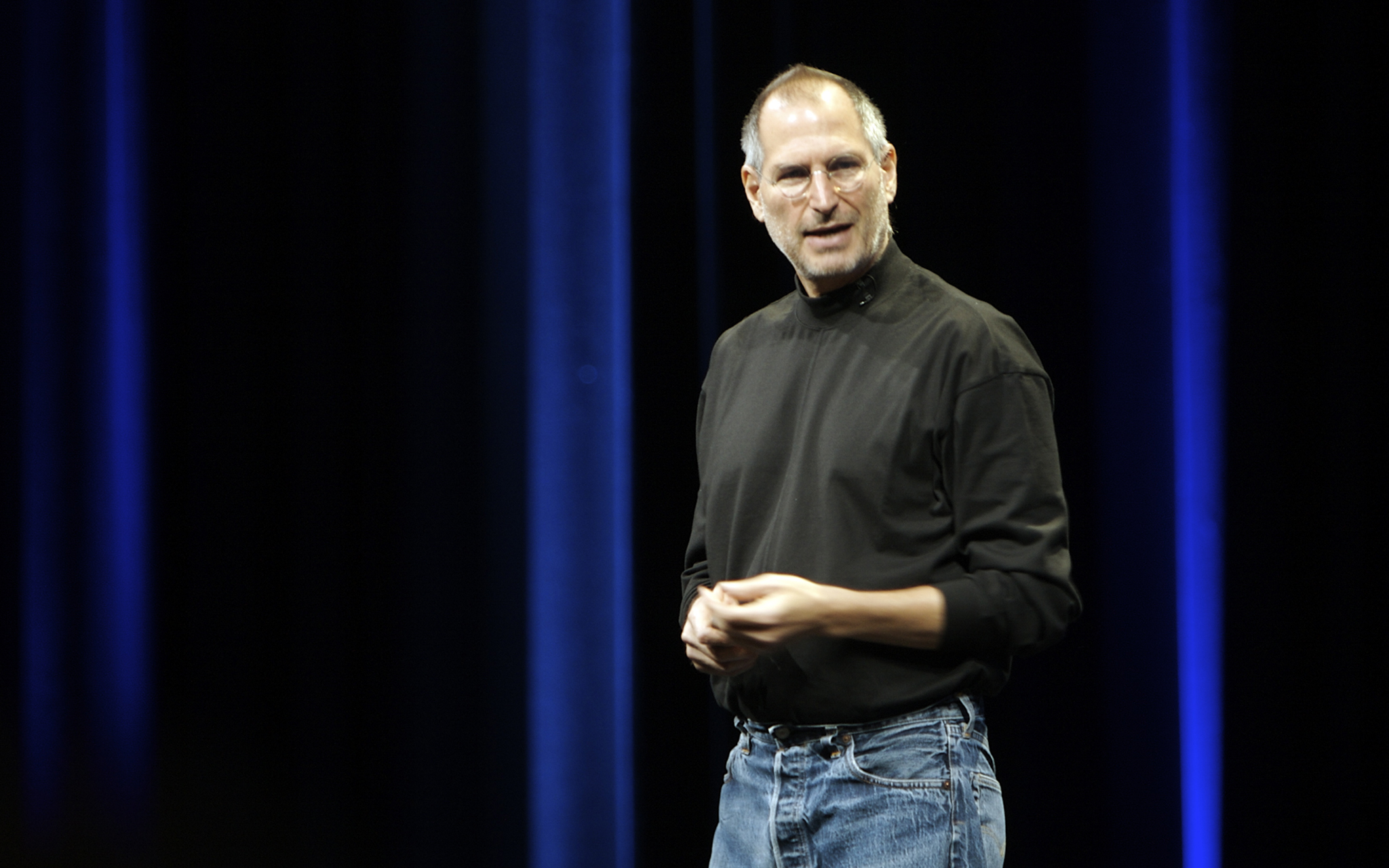Self-concept is the sum of the way you see yourself, who you believe yourself to be.
You might not identify with Steve Jobs personally, but there is a great deal we can learn from him about self-concept, as well as our confidence in ourselves, our lives and careers.
If there is one single factor that is predictive of how your life will turn out, it’s your own self-concept. There is literally no way that you can be successful at anything if you do not believe you can.
According to the ancient saying, “As a woman thinks in her heart, so is she. As a man thinks in his heart, so is he.” (quotes with gender updates.)
Steve Jobs’ self-concept was his single most important asset. He had a lot of reasons to have a poor self-concept. But the final evaluation of his life is that he is one of the most significant innovators of the 20th and 21st Century, yet he broke almost every rule that any executive coach would give someone for success.
Early Life Went Against Steve Jobs’ Self-concept
- Steve Jobs was an adopted child and haunted by the feeling of rejection, wondering why his true parents had abandoned him.
- He was not a good student and never took a college course for credit.
- His interest in technology led him to learn to code, but he wasn’t good at it.
- He lacked interpersonal skills and often angered those around him.
- He was a poor father. As he was abandoned, he abandoned and ignored his first child, though he later formed a relationship with her.
Steve Jobs’ Life was Bigger than the Sum of His Failures
Steve Jobs never saw himself as the sum of his failures—he always believed that his identity was the sum of his possibilities.
The moment I am trapped in the prison of my past mistakes and chained to my present limitations, my own self-concept will never allow me to move forward.
This is how Steve Jobs ignored Past Mistakes and Managed his own self-concept
He prepared for life, following his own interests and passions: He learned to do carpentry from his father. He was self-taught in coding. He had a passion for elegant design and audited a design course in college, which gave him insights into how he later developed the famous Apple sense of design.
He allied with people who did what he couldn’t do: Since Jobs was really poor at technology, he allied with Steve Wozniak, later co-founder of Apple, to do the heavy lifting on technology.
He understood that what he thought was the most important thing he did. The cell phones of the 90’s were miracles from the perspective that they didn’t tie people to places. They had no cords. The iPhone connected people from every point on the globe and to everything that had ever existed in music, literature, and films; put a camera in your pocket and games at your fingertips.
Steve Jobs sold his vision to everyone he encountered. He constantly and relentlessly sold his ideas over cocktails or from the stage. People were mesmerized by his stories of what technology would do, even when the listener doubted the practicality or even the truth of what Jobs was saying.
Here is what we can learn from Steve Jobs:
1. You are not the sum of your past errors, failures or limitations. They form the foundation of what you’ve learned from the past.
2. Self-concept is learned, not inherited. You can change your self-concept. A great deal of research has been done on self-concept, and experts agree that our self-concept is learned, not given to us. It begins to form in early childhood. As we grow older, self-concept is not as easy to change, but people can go through amazing transformations as they learn the truth about themselves and their abilities.
3. You need ideas just as much as a resume. The person who stands out from thousands of competing resumes is the person who is not only technically skilled and experienced but someone who brings a specific idea or mindset that will propel the organization forward. Not everyone has the ability to have innovative ideas—some of the biggest most profitable ideas come from building on someone else’s innovation.
You have a bright future if you see yourself as a person who has succeeded and deserves to succeed.
The way you view yourself now is a composite of all of the experiences of your life. It’s how your family saw you when you were a child, the beliefs about what people thought you could achieve. To some, earlier experiences were so difficult that it is not easy to escape them now.
Of course, most of us see ourselves as a mixed bag of positive and negative characteristics. We have to be realistic about ourselves, but we must see ourselves as on a journey to a place where we can learn, achieve, grow, and serve. Jobs saw outcomes as the most important thing, and he passionately believed he could achieve them. What about you?






